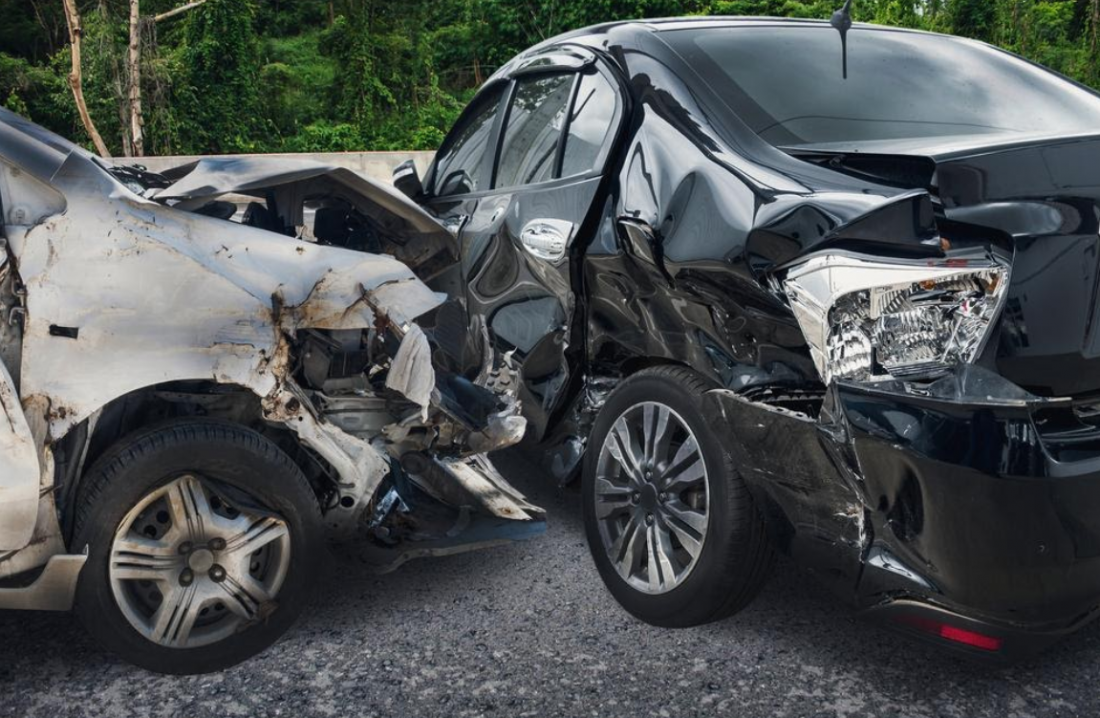This is a sponsored guest post.
Although every parent hopes that it never happens, car accidents involving children are unavoidable. Due to this, special rules have been set aside when dealing with compensation cases whenever a child is involved in a car accident, and Justice for Colorado can help you understand them.

Also, just like any other laws, these laws can be quite challenging to interpret. Depending on the state you are in, different factors will determine the amount of compensation your child can receive for damages or injuries incurred.
But when should you sue when your child suffers injury from a car accident? For starters, there is no stipulated time for filing for compensation after a car accident. It is advisable to report and file for claims immediately after the accident has occurred. However, there are numerous things that you should know when it comes to filing for compensation. Read on to find out.
The “Next Friend” Plays an Important Role
Before proceeding with a lawsuit, it’s essential to understand your role as a parent in the case. First, it’s crucial to know that any individual under 18 is considered a minor and cannot file a claim.
Due to this, it’s up to the “next friend” to legally file a lawsuit on behalf of the minor. In most cases, the task of filing for a claim is bestowed on the parent or legal guardian of the child. It’s worth noting that formal legal proceedings are not necessary for anyone to be named as a “next friend.” As long as an individual is legally ascertained to be 18 years and above, he/she can file for a claim on behalf of a child.
Statute of Limitations
One of the most important things to consider about any lawsuit (and court cases in general) is the statute of limitations. In terms of filing for a claim, the statute of limitations is the period that an individual is legally given to file for damages or injuries.
Although the statute of limitations is different in each state, adults are often given a maximum of two years to file for a claim after an accident. However, this is not the case when it comes to children.
Since children are minors, they are often given a more extended period to file for a claim. In most states, a child can file for a claim after an accident when they turn 18. Otherwise, a child has up to the age of 20 to file for a claim. Once an individual is over 20 years, the statute of limitations kicks in, and he/she can no longer file for compensation.
Damages that Can Be Recovered
Whenever a negligent driver harms a child in the event of a car accident, the child is entitled to claims that cover several things. They include medical bills, the inability to earn an income in the future, suffering and pain, and rehabilitation costs, among others.
In some cases, parents may also get compensated for the financial losses they incurred while treating a child. These losses may include medical expenses, household expenses while managing an injured child, and time loss when taking care of a child, among many others.
Additionally, depending on the accident’s nature, a child can also be awarded compensation for punitive damages. However, punitive damages are often reserved for extreme cases where a driver is found to have been reckless, negligent, or caused an accident willfully.
Should You Consult a Lawyer?
Car accidents, especially those involving your child, can cause irrevocable strain in your life. Not only will you have to deal with hefty medical expenses, but the pain of seeing your child suffer can be daunting. However, with a lawyer’s support, you will have peace of mind and clarity as you go through the traumatic event.


